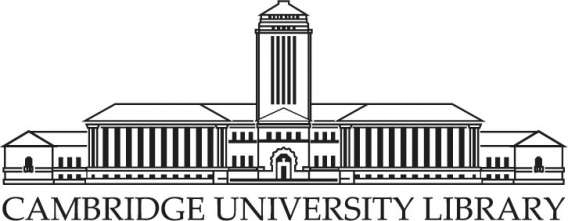Arthur Schnitzler – Kritische Edition (Frühwerk) III

The Arthur Schnitzler project "Arthur Schnitzler – Kritische Edition (Frühwerk) III" is dedicated to the creation and (digital) publication of a historical-critical edition of the early literary works of Austrian writer Arthur Schnitzler (1862-1931). The hybrid edition is developed in cooperation between the department for German philology at the University of Vienna and the ACDH-CH, and builds on earlier FWF-funded projects, "Arthur Schnitzler - Kritische Edition (Frühwerk) I-II" (Leitung Konstanze Fliedl). Besides the print edition published by De Gruyter, a digital edition is being created at the ACDH-CH. The project aims at making Schnitzler’s manuscripts and the results from several earlier projects publicly available and securing their open access position.
While Arthur Schnitzlers works are a canonical part of modern Austrian literature, it wasn’t until 2010 that scholars under the direction of Konstanze Fliedl (University of Vienna) first undertook the project of a historical-critical edition of his works. The fact that a documentation of his writing process through all surviving manuscripts and text versions had not been attempted earlier is, in part, due to his largely illegible handwriting and in part due to the complicated situation of his estate: In 1938, when Austria was annexed by Nazi Germany, all of Schnitzler’s documents had been carried away and secured in Cambridge. While Schnitzler’s son later left the ‘private’ parts of the estate – the diary and his correspondence – to the German Literary Archives in Marbach, a large part of Schnitzlers manuscripts are still at the Cambridge University Library. Other parts of the estate are located in Exeter, Geneva, Jerusalem and other places, which makes it difficult to process them all. Nevertheless, the publication of a historical-critical edition remained a desideratum, especially since the reading texts published by Fischer-Verlag are very unreliable due to earlier proofreading and editing processes.
The two prior projects (Arthur Schnitzler – Kritische Edition (Frühwerk) I, 2010-2014 and Arthur Schnitzler – Kritische Edition (Frühwerk) II, 2014-2018) tackled Schnitzler’s early work, which, unlike later works, survives mainly in handwritten form and not in type scripts. The first step was to create guidelines for the transcription of the manuscripts. In the edition, all surviving manuscripts are presented as facsimiles in original size next to these transcripts. The volumes also contain the print version of the respective text, usually based on the first edition of the work, as well as a variant apparatus cataloguing all deviations up to the last reissue still overseen by Schnitzler himself. Besides an introduction with information about the creation and publication history of the work, the volumes also contain a commentary that elucidates cultural and historical peculiarities, circumstances specific to Austria or dialect expressions.
The following ten works have so far be published at de Gruyter:
- Lieutenant Gustl (2011)
- Anatol (2 volumes, 2012)
- Sterben (2012)
- Liebelei (2 volumes, 2014)
- Frau Bertha Garlan (2015)
- Die Frau des Weisen (2016)
- Die Toten schweigen (2016)
- Ein Abschied (2016)
- Ein Ehrentag (2017)
- Blumen (2018)
The volumes Reigen and Paracelsus and the play Der grüne Kakadu are currently being prepared for print.
From the beginning of second project phase onwards, all data were also processed according to TEI guidelines in order to make them digitally available beyond the print edition and e-books. The third project, executed jointly by the University of Vienna and the ACDH-CH is now working to the online publication of these editions. Furthermore, the project team is in close interaction with the Cambridge-based Schnitzler edition project “Digital Critical Edition of Middle-Period Works’ (under the direction of Prof. Andrew Webber). In addition to Reigen, and the one-act plays Paracelsus, Der grüne Kakadu and Die Gefährtin, there are plans to publish the play Der Einsame Weg, which has common material roots with a drama of the middle creative period, Professor Bernhardi. Through the cooperation between the University of Vienna, the ACDH-CH and Cambridge University Library, the Schnitzler project will, for the first time, achieve the digitally representation of the genesis of Schnitzler’s literary texts across his oeuvre.




Contact
Isabella Schwentner
Ingo Börner
Project duration
01 March 2018 – 31 July 2021
Twitter Hashtag
#WienerSchnitzler